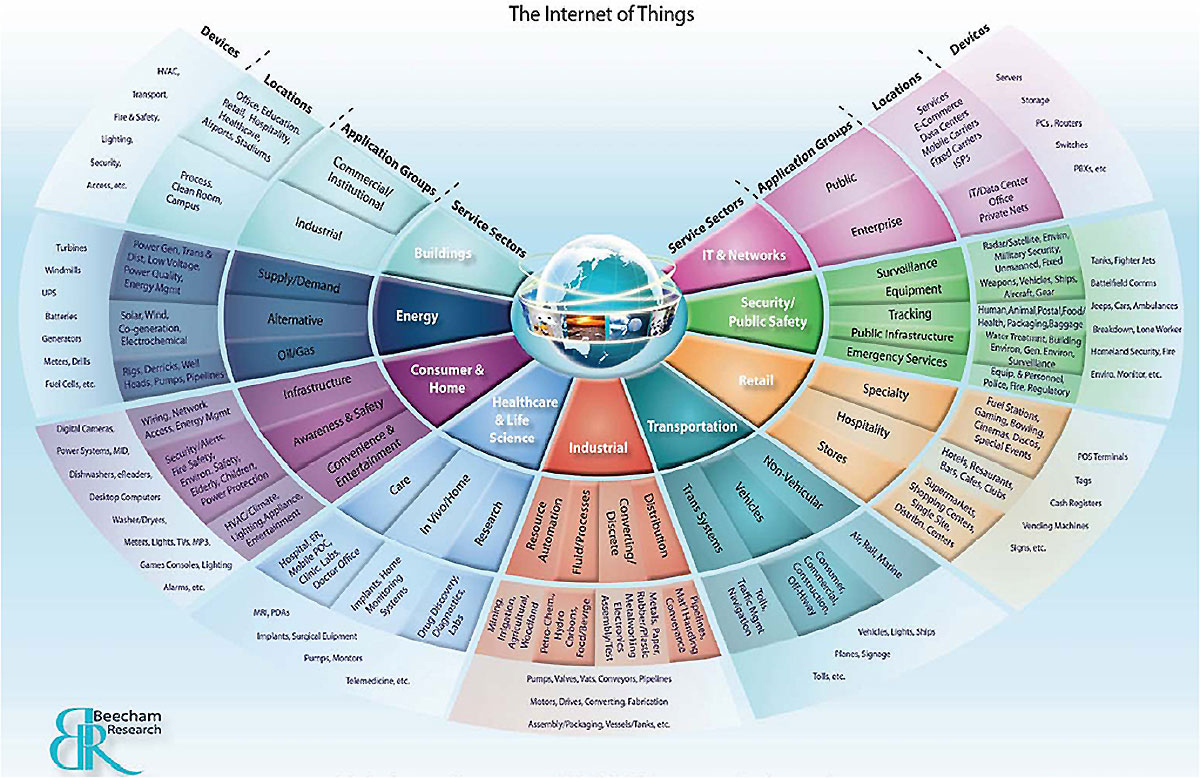Increased network connectivity and the threat of cyber-attacks have created a growing dialogue between IT, cybersecurity and physical security teams.
In the past year, we have continued to see that the global security market is both dynamic and evolving. The term “security” no longer means simply protecting the perimeter of a building; it also involves securing corporate networks and sensitive data. In 2016, this trend was driven by a change in organisational threats. Businesses as a whole are much more focused on cyber-threats, a growing paradigm that challenges business and security leaders to stay one step ahead of crime and fraud trends.
A string of recent high-profile breaches, including several involving government agencies, exposes the vulnerabilities faced by organisations across the globe. Cyber-attackers are holding data for ransom, stealing personally identifiable information, selling sensitive data and destroying critical networks. These threats, which encompass cyber, IT, and physical security, force leadership to recognise the potentially damaging disruptions if risk is not controlled.

Internet of Things
In 2016, we continued to see significant discussion centred on the promise of the Internet of Things (IoT). At the same time, demand for more mobile capabilities has altered the way people and businesses connect and collaborate. As the demand for network connectivity increases, so too does the need for increased security for physical assets, networks, and valuable corporate data. As a result, we experienced a growing dialogue between IT, cyber security, and physical security teams to help gain a greater knowledge of how to best collaborate. In the coming year, stakeholders must continue to communicate closely to assist in determining vulnerabilities in a more proactive manner.
In 2017, we will continue to see Big Data analysis and IoT-powered devices allow for the collection of myriad data points across systems, services, and devices. This process will allow businesses to investigate threats in a more intelligent manner. It will be the organisations that generate actionable intelligence from collected data points that will be firmly positioned to achieve their strategic intelligence and business objectives in the coming.

Comprehensive security strategies
Overall, the alignment of risk management, IT, and business continuity will allow leaders to realise a comprehensive security strategy that takes into account cyber and physical security, and helps leaders proactively recognize threats.
Today’s leading global enterprises focus on preventing risk to ensure long-term business continuity. We at Verint practice the same concept, combining physical security, IT functionality, and cybersecurity efforts to help enable our organisation to realise comprehensive intelligence. It has worked well for our business over the past year, and we aim to help our customers achieve the same level of efficiency and knowledge as we reach 2017. Actionable Intelligence is the core of what we do at Verint. We believe that the collaboration of various stakeholders, business functions, and strategies allows organisations to be more focused, effectively identify threats, develop trends, and quickly access relevant data to meet evolving business requirements.
access control: http://www.pc15.net/index_en.html

